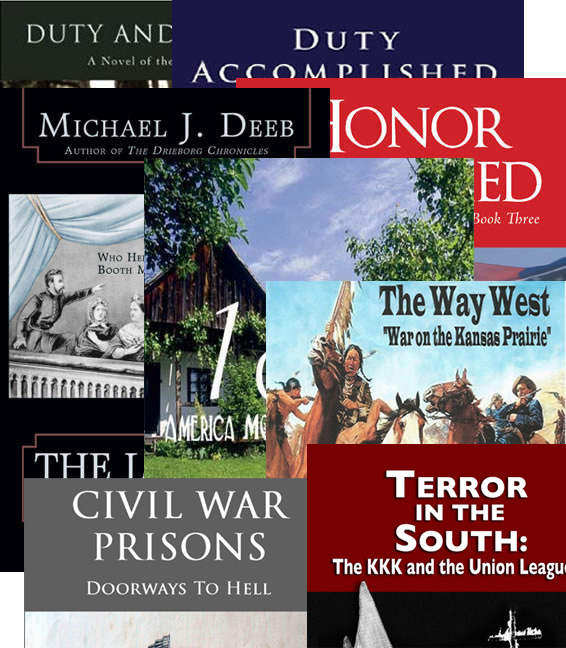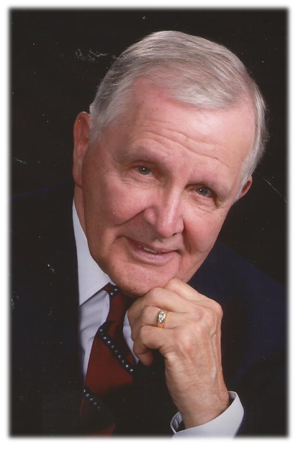The Secession Spring: The Issue of Control of the Mississippi River
In February of 1861, representatives of the seven seceding states met in Montgomery, Alabama to form a new nation called the Confederate States of America. With that action, the Mississippi river, its tributaries and the second busiest port in the United States, New Orleans, passed under the control of a foreign nation.
The Chicago Tribune editorialized that the people of the Mid-West would never negotiate with the Confederate States of America for free navigation of the Mississippi River.
“It is their right and they will assert it to the extremity of blotting Louisiana out of the map.”
Mid-westerners were assured by Southern politicians that no impediment to their commerce would be established on the Mississippi or at any river port. This was of special concern since in 1860, New Orleans was second only to New York as the most active port in the United States. To address this concern, the Louisiana Secession delegates pledged free access to all river traffic at New Orleans. And further, the Confederate Congress meeting in Montgomery Alabama promised the same free access for river traffic on the entire Mississippi River and its tributaries.
But, despite such assurances, Mid-western governors continued to be concerned about the unhindered use of the Mississippi, free access to the port of New Orleans and to the river ports of Memphis, Natchez and Vicksburg. An additional concern was raised.
Of additional concern was the issue of future generations. Despite current assurances could future generations of Confederate leaders be trusted no honor these pledges and not tax or otherwise restrict river traffic?
In March 1861, these governors told the new president .Abraham Lincoln, that they thought the issue was worth going to war over, even if he did not. For his part, Lincoln feared that if his administration did not aggressively address their concern, the mid-western governors would feel compelled to negotiate some sort of treaty with the Confederate States on their own; or even possibly form their own union separate from the United States.
In early 1861, William Sherman wrote his wife that: despite assurances of free trade: “Collisions are sure to follow secession, and the states lying on the upper Rivers will never consent to the mouth being in possession of a hostile state.”
What would the Lincoln administration do?


 A Great Read! I couldn’t put this book down once I got started. The detail was great and I really like the main character, Michael. Knowing that so much research went into this book made it exciting to read!
A Great Read! I couldn’t put this book down once I got started. The detail was great and I really like the main character, Michael. Knowing that so much research went into this book made it exciting to read!